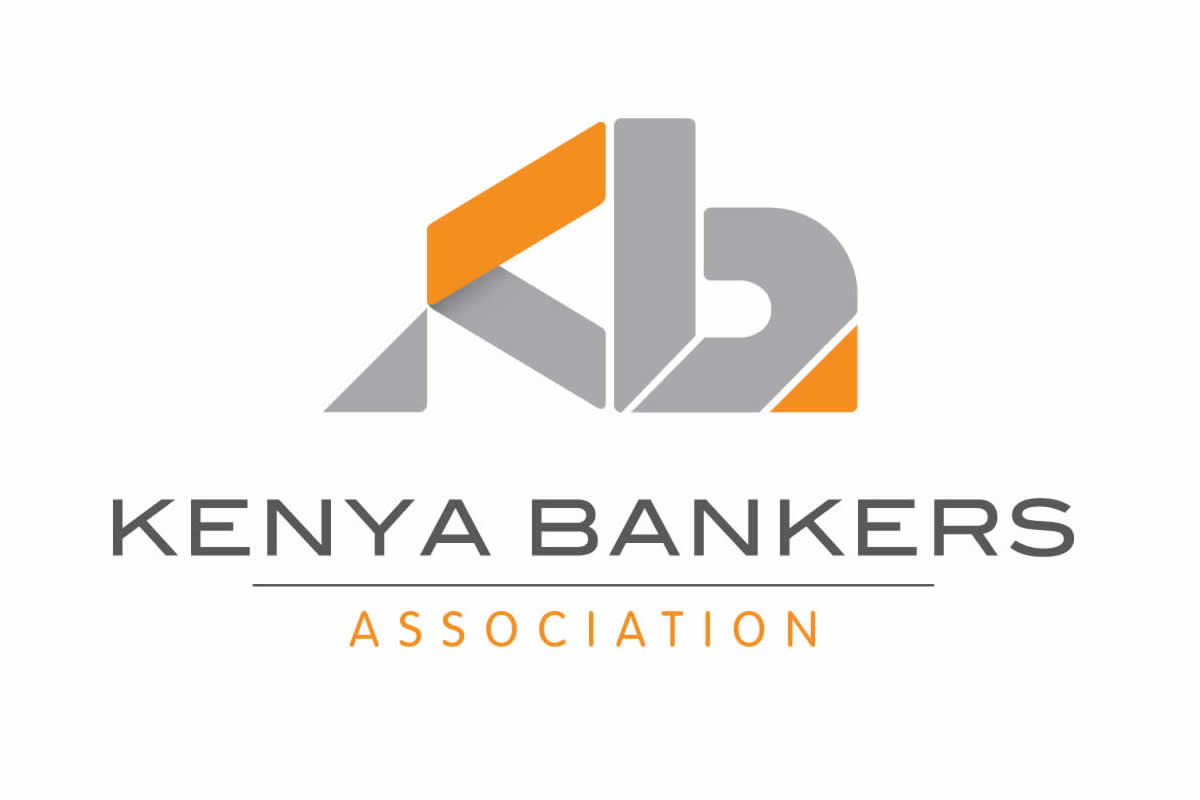Nairobi, 23 JUNE 2016: Members of the Kenya Bankers Association (KBA), the banking industry umbrella body, elected Mr. Lamin Manjang, Regional Chief Executive of Standard Chartered Bank, as the new Chairman of the KBA board of directors, known as the Governing Council, during the KBA’s Annual General Meeting that was held on 23rd June 2016. He will serve for the stipulated 12 month term. Mr. Jeremy Ngunze will continue to serve as Vice Chairperson.
The new leadership takes over from the current Chair, Joshua Oigara, KCB’s Group Chief Executive Officer, who was recognised as being instrumental in steering the industry to implement various progressive initiatives that have contributed to the stability of the sector. Notable developments introduced under his leadership include industrywide adoption of the Sustainable Finance Initiative (SFI) Guiding Principles that guide banks in balancing their business goals with the economy’s development priorities and socioenvironmental concerns; and promoting enhanced industry interoperability through the Kenya Interbank Transaction Switch project that will provide a platform for greater collaboration and innovation in the banking industry and national payments system as a whole. A key initiative championed by the outgoing Chair and announced in April of this year, is KBA’s move to enhance ethical standards and business conduct within the banking industry. Towards this end, KBA signed the “Code of Ethics for Business in Kenya” which is guided by the UN Global Compact Principles that advocate for the highest level of ethics and integrity in the areas of human rights, labour standards, the environment, and anti-corruption. The Code is championed by the Kenya Private Sector Alliance (KEPSA) and has been endorsed by H.E. President Uhuru Kenyatta as a key intervention towards addressing corruption and unethical practices within the government and private sector. Furthermore, KBA had committed to introduce a “KBA Charter”, which encapsulates the private sector Code of Ethics, and introduces a Self-Regulatory Framework and Standards for Member Banks. During the AGM, the KBA General Body adopted the Management’s recommendation and roadmap for the establishment of the KBA Charter. “We are working in consultation with member banks and through an independent consultant, will ensure the KBA Charter is in line with global best practice, and factors in considerations from our various stakeholders, including the Central Bank of Kenya, other sector regulators as well as members of the public,” said KBA Chief Executive Habil Olaka. “The independent consultant will help ensure that in the next few months we will develop a credible standard that is robust and workable for Kenya, and supports the role of our financial sector regulators,” said Mr. Olaka. “We have been very impressed by the quality of consultants being considered for this role and we hope to appoint a credible institution very soon,” he confirmed. “The Charter creates even more protection for depositors, as we work to keep each other accountable for the decisions we make as bankers on how we run our businesses. It will therefore strengthen public confidence and provide Kenya with world-class retail and commercial banking services,” said Mr. Olaka.
For more information visit www.kba.co.ke.
Notes to editors – About the Kenya Bankers Association:
Kenya Bankers Association (KBA) is the financial sector’s leading advocacy group and banking industry umbrella body that represents total assets in excess of Ksh3.7 trillion (USD 37 billion). The members are comprised of the 45 banks that are licensed by the Central Bank of Kenya. These banks are represented by their Chief Executive Officers, who appoint a Governing Council to oversee industry wide activities on the General Body’s behalf. The Governing Council is supported by various Committees and Sub-Committees which are comprised of nominated bank representatives. These committees coordinate activities with the KBA Secretariat.


